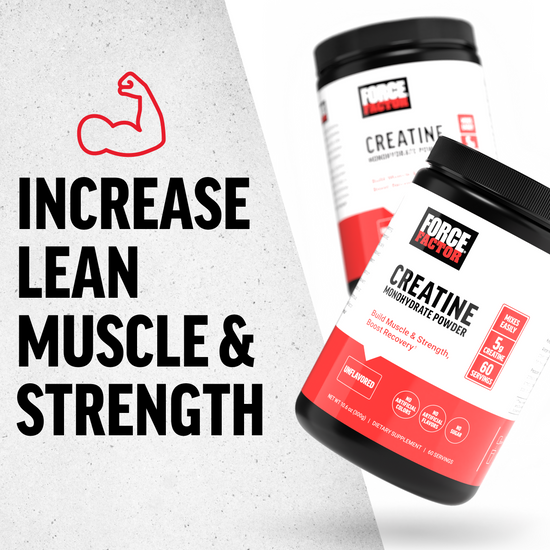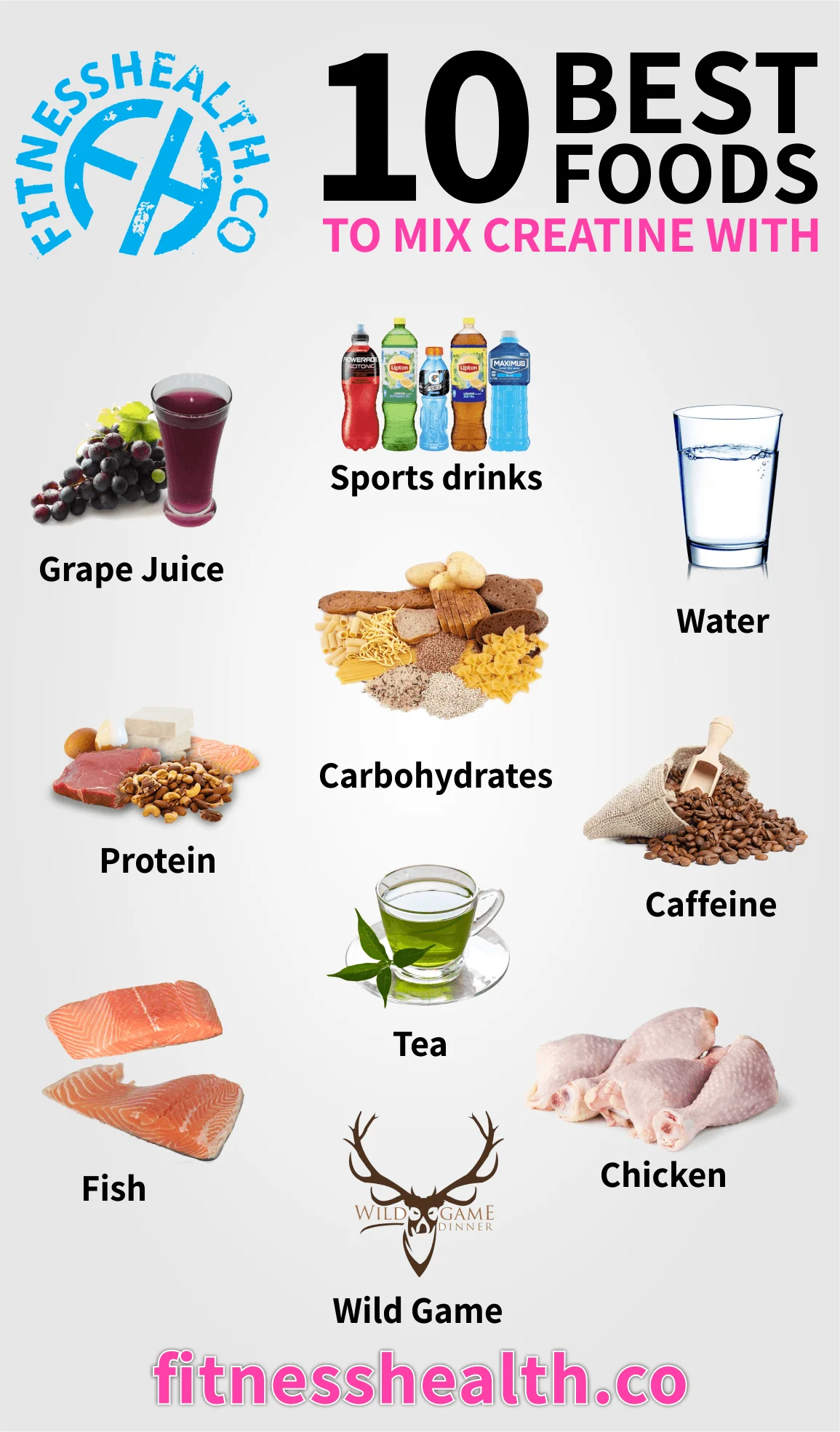The 3-Minute Rule for Creatine Monohydrate
The 3-Minute Rule for Creatine Monohydrate
Blog Article
See This Report on Creatine Monohydrate
Table of ContentsA Biased View of Creatine MonohydrateExamine This Report on Creatine MonohydrateThe Ultimate Guide To Creatine Monohydrate
The authors recognize a risk of bias with the research study layouts due to a demand for even more clarity over randomization with virtually all research studies included. Only 3 of the nineteen research studies thoroughly described the evaluation of VO2 max.
This varies from professional athlete to athlete, however. If weight gain through liquid retention is an issue, quit taking creatine 1-2 weeks before competing to offset liquid retention while maintaining enhanced creatine shops. Some people experience stomach discomfort when taking creatine, such as bloating, cramping, or looseness of the bowels. It's crucial to note that not every person experiences gastrointestinal distress while taking creatine, and it can often be handled by readjusting the dosage or taking it with dishes, as described by the International Culture of Sports Nutrition.
It's advised to utilize it in powder type. Worries regarding the long-term effects of creatine monohydrate supplements on kidney (kidney) function have been increased.
The Buzz on Creatine Monohydrate
None of the studies investigated triathletes. The unfavorable results reported in the research studies related to weight gain. As stated, Check This Out most of the studies utilized a higher-dose loading protocol (20g+/ day) in a brief period that can be offset and avoided with a lower dosage (such as 5g/day) for a prolonged period.

Let's look at the major benefits of creatine monohydrate. There is solid, trustworthy research study showing that creatine enhances health. Impossible evidence sustains enhancing lean muscular tissue mass, boosting strength and power, including repetitions, minimizing time to fatigue, enhancing hydration standing, and benefiting mind wellness and feature. All of these advantages will incrementally reward your health advice and wellness and boost your "healthspan" as you age.
The majority of creatine is kept in the skeletal muscle mass in a form known
as phosphocreatine, or creatine phosphate. Creatine help in Continue the manufacturing of adenosine triphosphate, or ATP. Even if they never ever raised a weights, they 'd still benefit from creatine supplementation.
Report this page